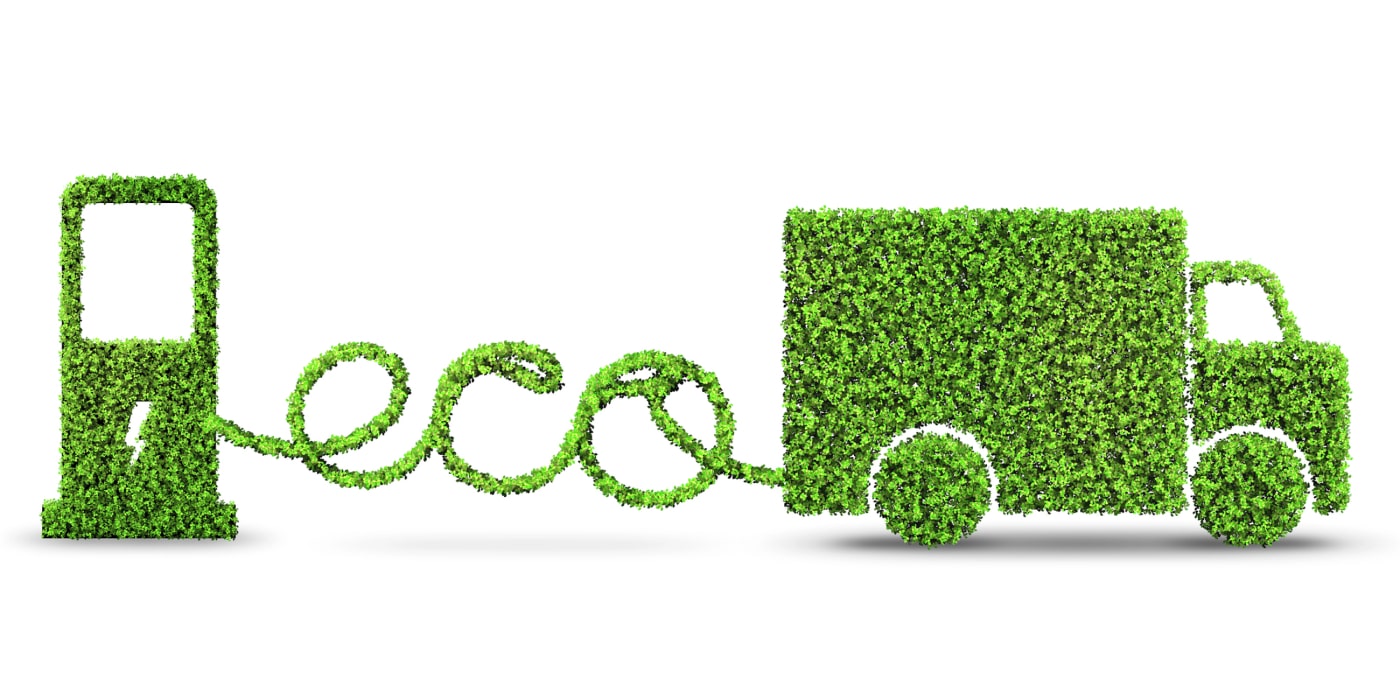Sustainable Practices in Fleet Management
As businesses continue to face increasing pressure to reduce their carbon footprint and adopt more sustainable practices, fleet managers are exploring new ways to transition to sustainable fleet operations. Fleet operations are a significant source of energy consumption and greenhouse gas emissions. However, with the right tools and technologies, fleet management can play a vital role in enhancing environmental sustainability while simultaneously boosting operational efficiency.
Here’s a look at how companies can make their fleets more eco-friendly, and the benefits of adopting more sustainable fleet management practices.
Embrace Digital Transformation
Many companies still manage their fleets with manual methods. Tracking, scheduling and monitoring drivers is often handled through emails, phone calls, or spreadsheets, leading to fragmented information that is challenging to access or analyze. These processes can lead to bottlenecks, confusion, and wasted labor hours. Fleet management systems digitize operations, reducing the need for paper-based documentation such as invoices, delivery logs, and maintenance records. Digital solutions like electronic bills, automated reporting, and real-time updates drastically reduce the need for printed materials. By moving to cloud-based solutions, companies can cut down on their paper consumption, while increasing real-time visibility and resource optimization, contributing to more efficient and sustainable fleet operations.

Optimize Fleet Utilization
By using advanced route optimization tools, fleet managers can ensure vehicles travel the most efficient routes, reducing unnecessary miles and fuel usage. Enhanced route efficiency means deliveries and services are completed faster, lowering the total time vehicles are on the road. Fleet management systems that focus on optimizing routes, monitoring fuel consumption, and encouraging eco-friendly driving habits can significantly reduce the carbon footprint of each vehicle. Regular maintenance can increase the fuel efficiency and sustainability of fleet vehicles. Well-maintained vehicles run more effectively, consume less fuel, and produce fewer emissions.
Technologies such as telematics, GPS tracking, and predictive analytics can help companies reduce emissions and improve fleet performance by providing insights into driving patterns, maintenance needs, and vehicle performance. Using telematics systems, fleet managers can track metrics like fuel consumption, driving behaviors, engine diagnostics, and vehicle location in real time. This data can be used to identify trends, adjust routes, and address inefficient driving habits that contribute to higher fuel consumption. Businesses can use this data to decrease harmful emissions, set sustainability goals, and track their fleet’s progress over time.
Transition to Electric Vehicles
Electric vehicles (EVs) are gaining traction in fleet management as businesses increasingly turn to cleaner alternatives to internal combustion engine vehicles. EVs offer substantial environmental benefits, including lower emissions and reduced dependence on fossil fuels. While the initial purchase price of EVs can be higher, with fewer moving parts and the elimination of fuel costs, businesses can see long-term savings from using electric vehicles while reducing their carbon footprint.
DHL Supply Chain USA recently completed a two-week test of Tesla’s electric semi truck. The Tesla Semi exceeded expectations by traveling up to 500 miles on a single charge, driving at an average speed of over 50 mph. The trial is part of DHL’s larger commitment to decarbonizing its fleet. DHL, which already operates over 35,000 electric vehicles globally, aims to electrify over 66% of its last-mile delivery vehicles by 2030. Looking ahead, DHL plans to integrate the Tesla Semi into its US operations and expand into Europe.
By embracing technology, optimizing operations, and transitioning to cleaner vehicles, businesses can significantly reduce their carbon footprint and make a positive contribution to the environment. From reducing fuel consumption and carbon emissions to adopting electric vehicles and enhancing efficiency, effective fleet management plays a critical role in shaping a greener, more sustainable future.
For more information about how our delivery management solution can help you manage your delivery operations more efficiently and sustainably, please contact info@bringoz.com.
